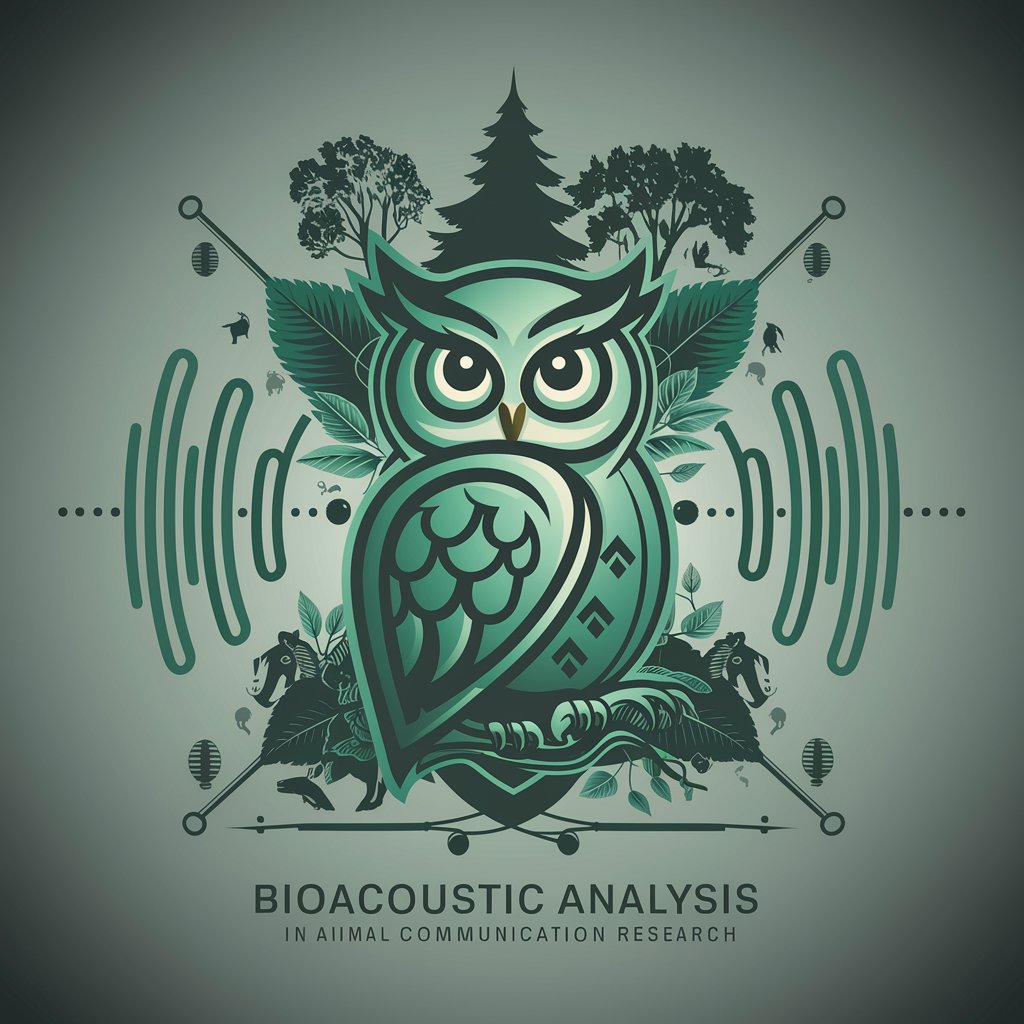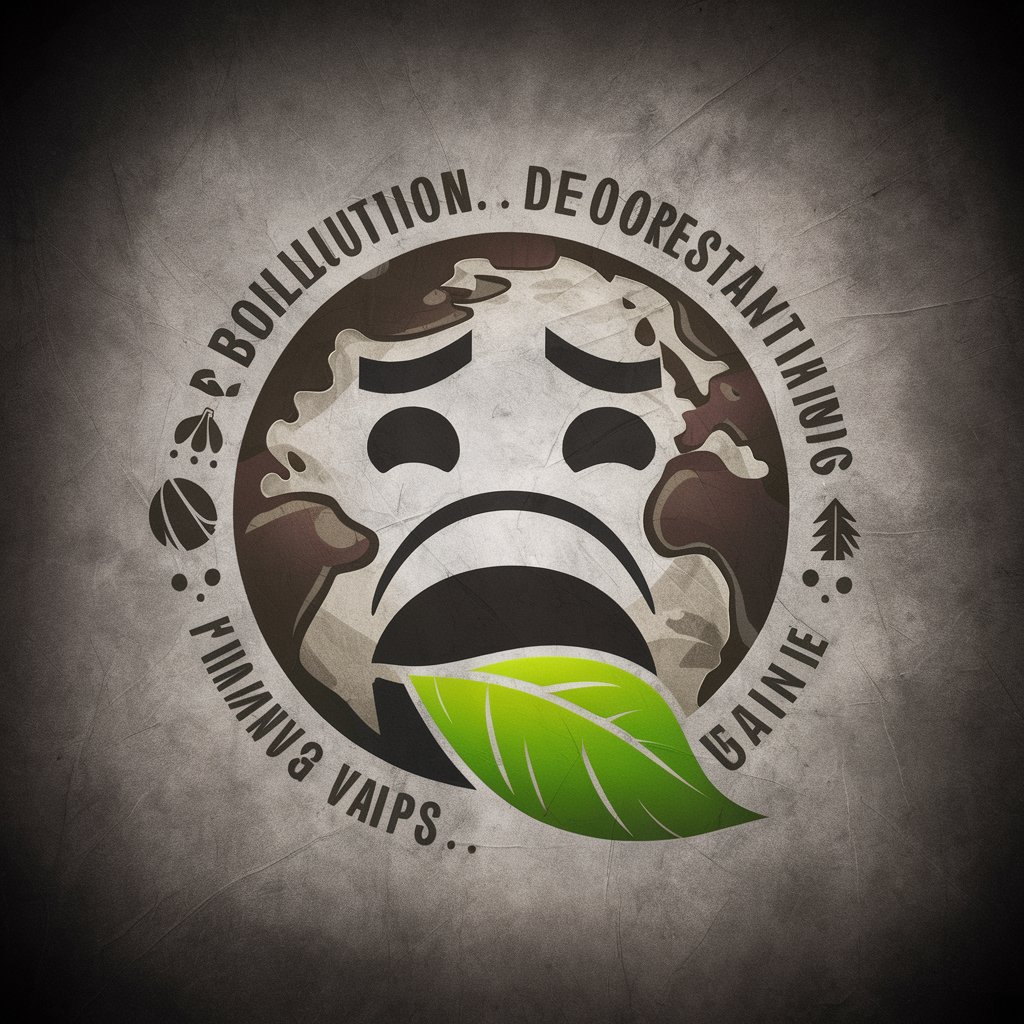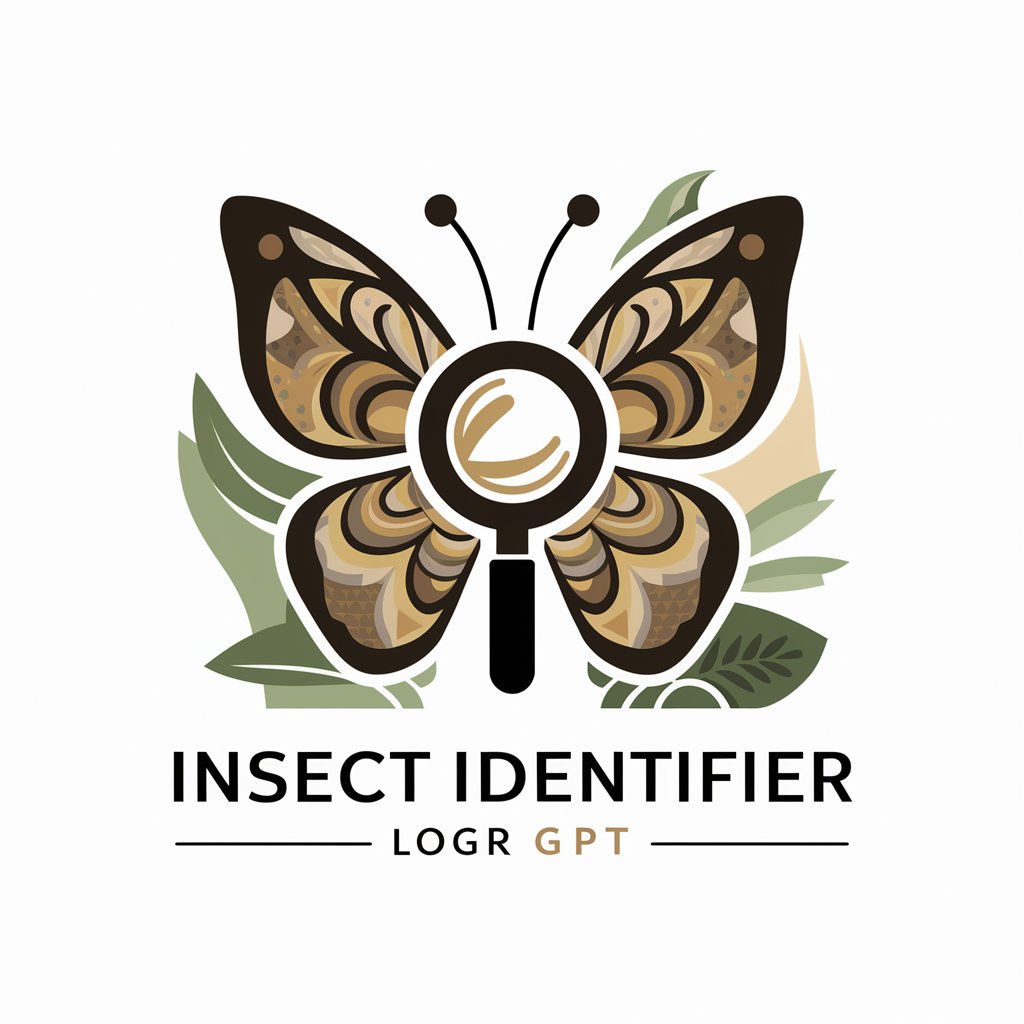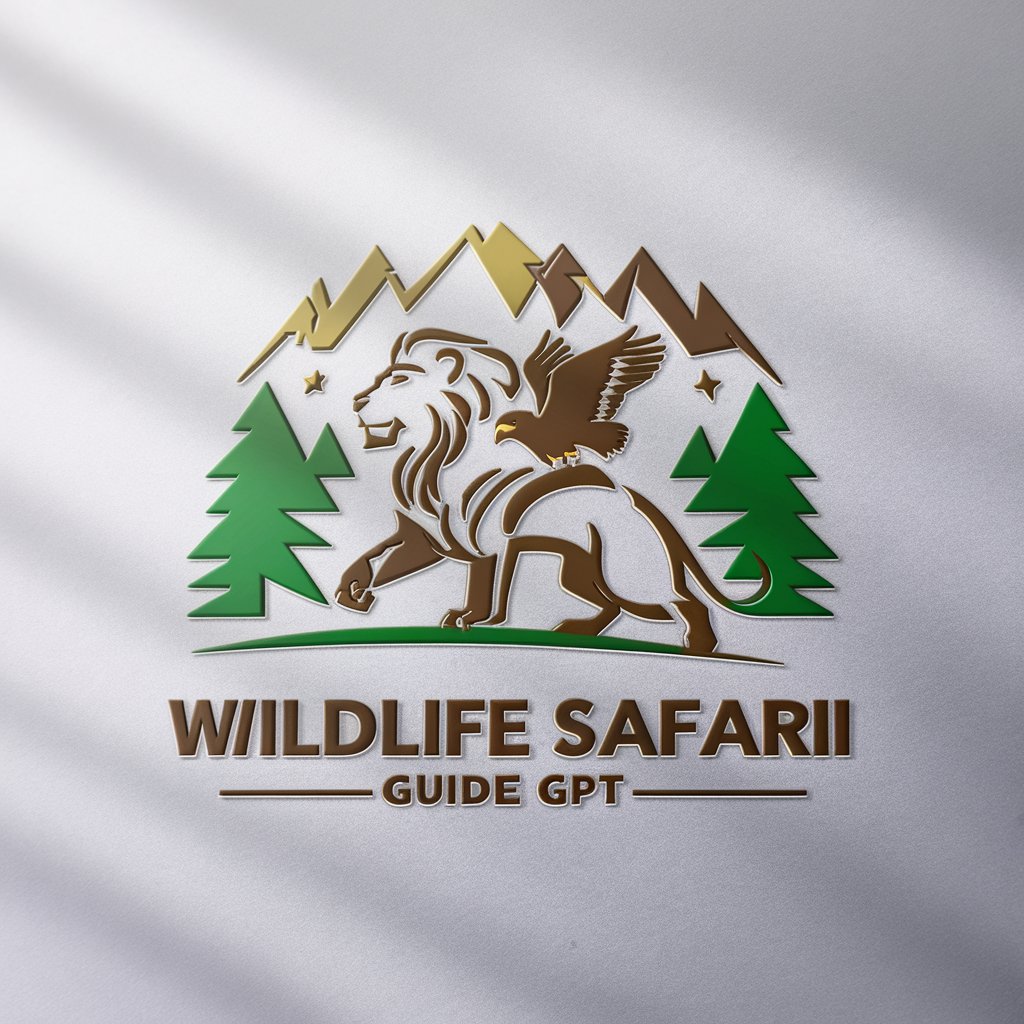11 GPTs for Conservation Research Powered by AI for Free of 2026
AI GPTs for Conservation Research refer to the use of advanced Generative Pre-trained Transformers tailored for the conservation field. These AI tools are designed to process, analyze, and interpret vast amounts of data relevant to conservation efforts, ranging from species population studies to climate change impacts. They can generate insightful reports, predict trends, and provide recommendations, thereby playing a crucial role in aiding conservationists, researchers, and policymakers in making informed decisions.
Top 10 GPTs for Conservation Research are: Animal Expert,🔊🐾 EcoAcoustic Analyst Pro 🍃🎙️,🐦✨ Birding Companion Expert 🌳,Avian Sage,地球の溜め息,Environmental Conservation,物种识别助手,Insect Identifier GPT,🐾 Wildlife Safari Guide GPT 🦁,Earth
Animal Expert
Discover Wildlife with AI-Powered Insights

🔊🐾 EcoAcoustic Analyst Pro 🍃🎙️
Decipher Nature's Codes with AI

🐦✨ Birding Companion Expert 🌳
Discover birds with AI-powered precision

Avian Sage
Unveiling the Avian World Through AI

地球の溜め息
From Earth's view, guiding sustainable choices.

Environmental Conservation
Empowering Eco-Friendly Decisions with AI

物种识别助手
Identify animals instantly with AI power

Insect Identifier GPT
Discover Insects with AI

🐾 Wildlife Safari Guide GPT 🦁
Exploring Wildlife with AI

Earth
Empowering eco-friendly decisions with AI

Predator
Empowering Wildlife Knowledge with AI

Key Characteristics and Capabilities
AI GPTs tools in Conservation Research boast several unique features, including natural language processing for analyzing scientific texts, image recognition capabilities for identifying species and habitats, and predictive modeling to forecast environmental changes. They offer adaptability to handle various complexity levels in research tasks, from simple data interpretations to comprehensive ecosystem analyses. Specialized functions such as web searching for latest studies, technical support for model development, and custom data analysis tools further distinguish these AI solutions in the conservation domain.
Who Benefits from AI in Conservation Research?
AI GPTs tools for Conservation Research are valuable to a wide audience, including environmental scientists, conservation policy makers, educators, and even engaged citizens with an interest in conservation. They cater to users without coding skills through user-friendly interfaces, while also offering advanced customization options for developers and researchers. This dual approach ensures that a broad spectrum of individuals can leverage these tools to contribute to conservation efforts effectively.
Try Our other AI GPTs tools for Free
Biodiversity Study
Discover how AI GPTs are revolutionizing biodiversity studies, offering adaptable, comprehensive tools for species identification, ecological analysis, and conservation efforts.
Zoological Inquiry
Discover how AI GPTs for Zoological Inquiry are revolutionizing the way we study and interact with the animal kingdom, offering tailored insights and analyses for researchers, educators, and enthusiasts.
Diagnostic Tool
Explore how AI GPTs for Diagnostic Tool revolutionize diagnostics with advanced AI, offering tailored, efficient solutions for various industries.
Analytical Consulting
Discover how AI GPTs revolutionize Analytical Consulting with advanced data analysis, predictive modeling, and customizable solutions for professionals and novices alike.
Detective Roleplay
Explore AI-powered Detective Roleplay tools designed to immerse you in interactive investigations. Engage with dynamic, AI-generated scenarios and develop your detective skills in a user-friendly environment.
Strategic Questioning
Discover how AI GPTs for Strategic Questioning can transform your decision-making process with tailored, insightful questions designed to uncover deep strategic insights.
Further Exploration into AI-Powered Conservation
AI GPTs for Conservation Research exemplify how technology can intersect with environmental efforts to yield actionable insights. Their capacity to integrate with existing data systems, along with user-friendly interfaces, ensures that these tools can be seamlessly adopted across different sectors within the conservation field. This promotes a collaborative approach to conservation, leveraging technology to address ecological challenges effectively.
Frequently Asked Questions
What exactly are AI GPTs for Conservation Research?
AI GPTs for Conservation Research are specialized tools using Generative Pre-trained Transformers to analyze, predict, and offer insights into conservation-related data and challenges.
How can AI GPTs assist in conservation efforts?
These tools can process large datasets, identify patterns, predict environmental changes, analyze biodiversity, and support decision-making processes in conservation planning and policy formulation.
Do I need programming skills to use these tools?
No, many AI GPTs for Conservation Research are designed with user-friendly interfaces that do not require prior programming knowledge for basic operations.
Can developers customize these AI tools for specific research needs?
Yes, developers can access APIs and development kits to tailor these tools to specific conservation research projects and objectives.
What kind of data can AI GPTs analyze?
They can analyze textual data, images, and structured datasets, encompassing a wide range of information relevant to conservation.
Are these tools accessible to conservation professionals only?
While designed for conservation research, these tools are also accessible to educators, policymakers, and enthusiasts interested in environmental conservation.
How do AI GPTs stay updated with the latest conservation research?
These AI tools often include web searching capabilities to continuously integrate the latest scientific research and data into their analysis and recommendations.
Can these AI tools predict future environmental changes?
Yes, through predictive modeling and data analysis, AI GPTs can forecast future changes in ecosystems, species populations, and climate impacts, aiding in proactive conservation planning.